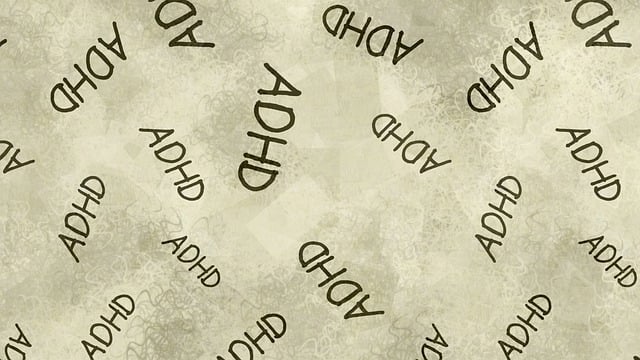In critical mental health crises, Littleton's diverse therapist pool, including French-speaking professionals, offers immediate, culturally sensitive support. They combine active listening, mindfulness meditation, and mood management strategies for comprehensive crisis intervention, tailored through Trauma Support Services. Post-crisis care focuses on holistic healing, combining professional therapy with community initiatives to enhance resilience and ensure long-term recovery, emphasizing the value of Littleton French Speaking Therapy in addressing diverse cultural needs.
“In times of crisis, effective intervention can make a profound difference. This comprehensive guide explores essential strategies for those who support individuals facing severe situations. Drawing on the expertise of Littleton French-speaking therapists, we delve into understanding crisis intervention, mastering de-escalation techniques, and providing post-crisis care. By implementing these practices, we aim to enhance resilience and foster recovery, ensuring a supportive environment tailored to the unique needs of French-speaking communities.”
- Understanding Crisis Intervention: The Role of Littleton French-Speaking Therapists
- Essential Strategies for Effective Crisis Support and De-escalation Techniques
- Post-Crisis Care and Recovery: A Comprehensive Guide for Continuous Support
Understanding Crisis Intervention: The Role of Littleton French-Speaking Therapists

In the realm of crisis intervention, where every moment counts, having a diverse and culturally competent therapist pool is paramount. This is particularly true for communities like Littleton with a significant French-speaking population. Littleton French-speaking therapists play a pivotal role in providing immediate support to individuals facing mental health crises. They offer not just expertise in crisis management but also cultural sensitivity, ensuring that clients from French-speaking backgrounds receive care tailored to their unique needs and preferences.
Understanding the nuances of different cultures is essential for effective crisis intervention. These therapists are equipped to facilitate the development of coping skills, a vital component in navigating mental health challenges. By bridging the gap between cultural barriers and mental healthcare services, they foster Mental Health Awareness, promote Coping Skills Development, and contribute to a more inclusive and responsive healthcare system, reflecting the values of Cultural Sensitivity in Mental Healthcare Practice.
Essential Strategies for Effective Crisis Support and De-escalation Techniques

In the realm of crisis intervention, effective support and de-escalation techniques are pivotal to guiding individuals through tumultuous situations, especially for those who may benefit from Littleton French Speaking Therapy. A key strategy involves active listening, where therapists create a safe space for clients to express their emotions and concerns freely. This empathetic approach allows for a deeper understanding of the crisis, enabling tailored interventions. Additionally, teaching mindfulness meditation techniques can empower individuals to manage stress and anxiety during crises, fostering a sense of calm.
De-escalation is further enhanced through mood management strategies. Encouraging clients to identify and express their feelings, while offering tools to regulate emotions, helps to normalize the experience and promotes resilience. These approaches, often integrated into Trauma Support Services, cater to diverse needs, ensuring individuals receive comprehensive care tailored to their unique circumstances.
Post-Crisis Care and Recovery: A Comprehensive Guide for Continuous Support

Post-crisis care and recovery are essential components of crisis intervention strategies. Following an initial response, individuals often require ongoing support to navigate the complexities of trauma and rebuild their lives. This comprehensive guide emphasizes the importance of a holistic approach, incorporating both professional therapy and community-based initiatives.
Littleton French speaking therapy offers valuable tools for trauma support services, catering to diverse cultural needs. By integrating compassion cultivation practices into post-crisis care, individuals can develop resilience and coping mechanisms. Additionally, implementing effective community outreach program initiatives ensures that those affected by crises receive the necessary resources and connections for long-term recovery.
In light of the above discussions, it’s clear that crisis intervention strategies, guided by the expertise of Littleton French-speaking therapists, play a pivotal role in supporting individuals and communities during challenging times. By employing essential de-escalation techniques and ensuring comprehensive post-crisis care, we can foster recovery and build resilience. Recognizing the unique needs of speakers of French as a first language is crucial for effective support, making Littleton French-speaking therapy a valuable resource in today’s digital era.














